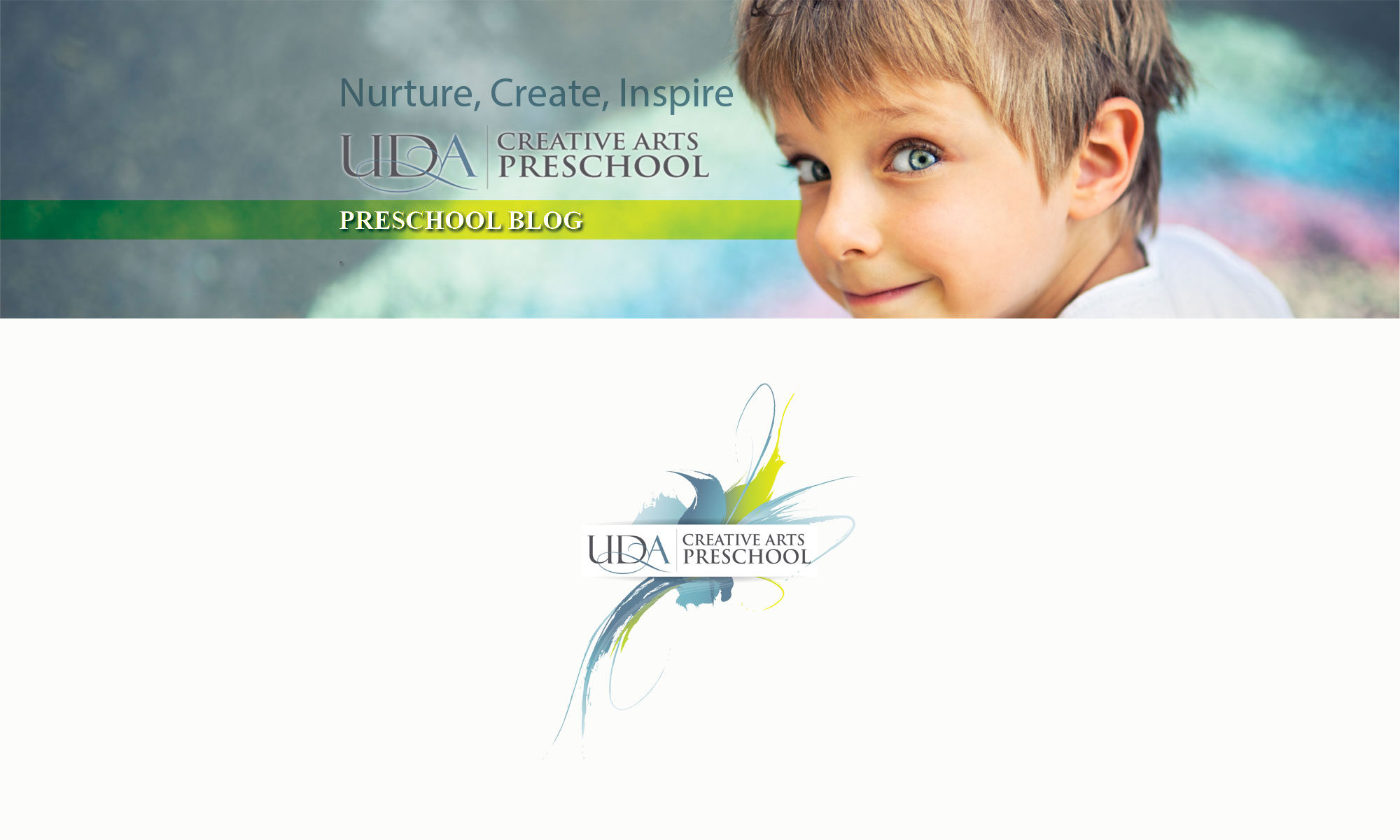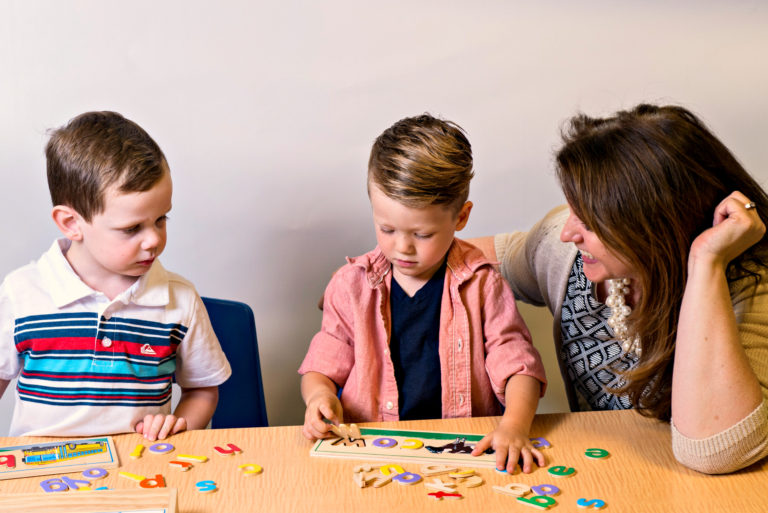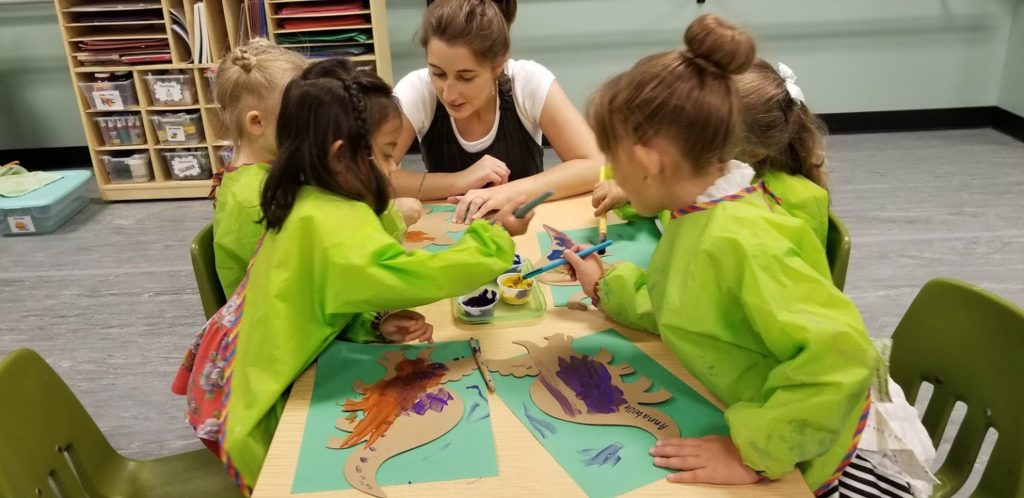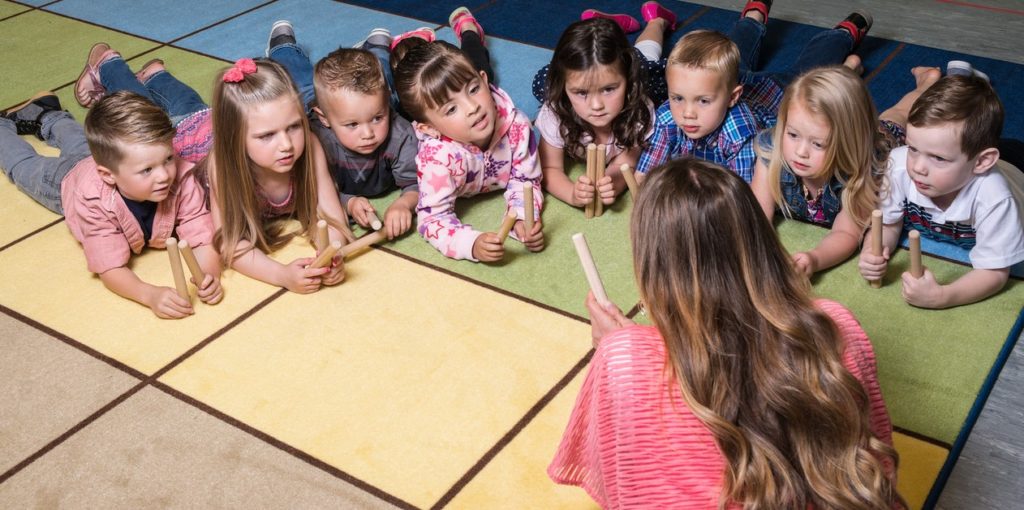Does preschool matter? Do children really gain anything from their time spent in preschool? Is it worth it?
It’s true that small children aren’t going to hold onto every memory created in preschool, but when you think about the fact that their brains grow to about 90 percent of their adult size by the age of 5, it makes sense that quality education during their formative years is important.
Evidence suggests that children who attend high-quality preschools gain consistent and positive short-term effects in literacy, language, and math skills. These benefits even extend to later years, when children who attended preschool experience a lower percentage of grade retentions and special education.
Long-term, some studies have even linked a high-quality preschool education to reduced criminal behavior and higher graduation rates.
In the Perry Preschool Experiment conducted by Nobel Prize-winning economist James Heckman, 123 low-income African American children from Michigan were randomly assigned to a group that received a high-quality preschool education or to a control group with no preschool education. These children were then tracked for the next several decades. At the age of 40, the adults who had attended the preschool program were 20 percent more likely to have graduated from high school and 19 percent less likely to have been arrested more than five times. Not only that, they were also more likely to remain married and were found to be less dependent on welfare programs. They also received better grades throughout their education.
While children learn the most and gain the most from their parents, the benefits of a quality preschool cannot be overstated. Preschool provides important learning experiences, opportunities, and exposure that can’t be found anywhere else.
Social Skills
Important social skills are an obvious plus that children gain in preschool. Spending time with other children in a group helps young children develop emotional control while they learn to share, take turns, get along with others, and more. Appropriate language expression also develops in a preschool group.
Learning those basic social skills at a young age helps children add on to more complex social skills as they mature. And because we all need to interact with each other throughout our lives, social skills may be one of the best benefits of preschool.
Environment Affects Brain Development
Did you know that the experiences your child has as a young child interact with their genes? This affects brain development — positively or negatively. If your child spends time in enriching, nurturing environments, she gets a head start in developing cognitive skills, behavioral skills, social skills, and more.
Young children’s brains are still developing, which means this is the perfect time for learning to adapt. If your preschooler is exposed to a language-rich environment with structured, enriching activities, he will grasp important concepts easier and will be able to expand upon them.
Early brain development is important, and a high-quality preschool can help your child have a successful educational career.
Academics
W. Steven Barnett, PhD and director of National Institute for Early Education Research (NIEER), said that “Children who attend high-quality preschool enter kindergarten with better pre-reading skills, richer vocabularies, and stronger basic math skills than those who do not.”
Think about it. If your child learns letters, shapes, sounds, and more in a rich preschool environment, he will have an easier time meeting the demands of kindergarten. When he moves onto harder tasks and subjects in later grades, he’ll be better equipped to master them because he never missed out on the fundamentals.
If a child doesn’t have that same access, he will have a hard time mastering the fundamentals, and every subsequent milestone will be harder to reach. This lag will follow the child throughout his whole educational career.
Executive Functions
Executive functions refer to the critical mental skills we all need to help manage our life — planning tasks, keeping track of time, emotional control, organization, focus, and more.
In the preschool years, the part of the brain that governs the executive functions — the prefrontal cortex — is still developing. That makes this time of life ideal for developing those important functions.
A long-term Penn State study found that a high-quality preschool program helped children grow in executive functions. Plus, the same children in the study who expanded their executive functions demonstrated better reading fluency and math performance than a control group.
High Quality Is Key
But not just any preschool program will do. Researchers have found the benefits of preschool to be present only when associated with high-quality preschools.
Schools that rely on evidence-based curriculum and that hire high-quality teachers (and continue to train them) impact children’s long-term education for the better.
A high-quality preschool curriculum should include engaging activities that help children make connections and draw their own conclusions. Hands-on activities reign supreme in preschool for their ability to help children more fully grasp concepts.
A preschool’s program should be well-structured and managed, with consistent routines that allow children to understand what’s happening now and what will be happening next.
Preschool teachers should be kind and patient, allowing children to develop at their own pace. If that means some children repeat activities when they want or need, the teacher allows it. Teachers also are adaptable and can cater to each child, allowing those who are advanced to continue to advance while those who need extra time to be given it.
A high-quality preschool also needs open-ended play with enriching toys and props to allow children the chance to learn, try new things, develop socially, and more.
The environment should be safe, and a balanced teacher-student ratio is critical so children can have the attention they need.
At UDA Creative Arts Preschool, your child’s development is important to us. We teach the whole child, and aim to help each child grow in their own individual way. Schedule a tour today.



